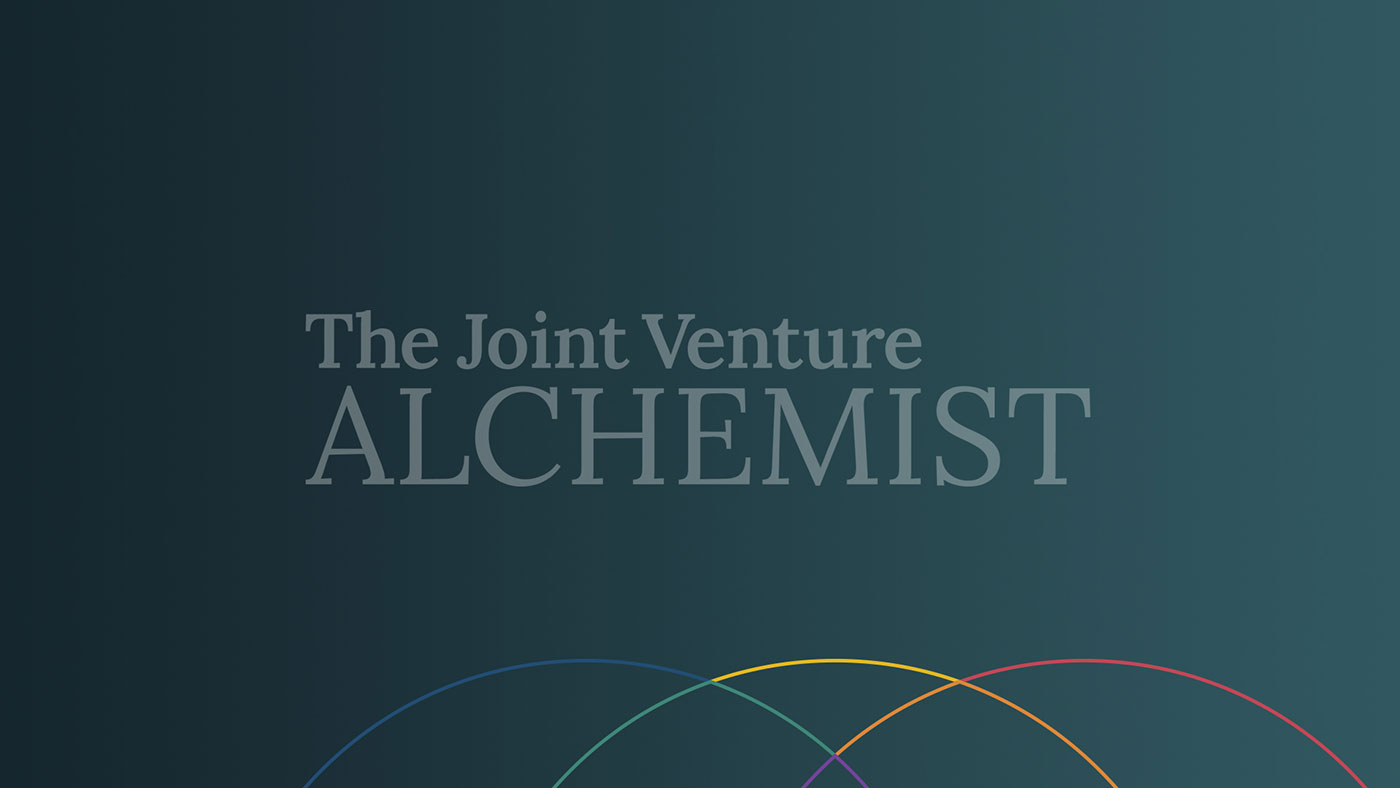



The purpose of this memo is to illustrate a range of novel practices that leading companies are using in their JVs to play much better IP defense, and to put their offense in place.

Should a JV CEO be paid as much as the CEO of an independent company of similar size and performance? Are JV CEOs being unfairly penalized? The answer is likely worth at least a million dollars a year

Conflicts of interest are inherent to JVs – and fundamentally different from those of listed companies. Unmanaged conflicts of interest drive down Board effectiveness and the prospects of venture growth. Successfully dealing with conflicts of interest requires business as well as legal approaches.

Good governance matters to joint ventures – and joint ventures matter to
many public companies and, therefore, to their public shareowners like CalPERS.

Two executives offer a picture of what an appropriate, well-developed control and governance system looks like, and the benefits it delivers at The Dow Chemical Company.


The purpose of this memo is to explain why the HR Committee is so important in JVs, how its role is fundamentally different from – and broader than – HR Committees in public companies and what enables an effective execution of this role.

The unique role of the HR Committee in a JV, and how to enable the committee to effectively execute its role.